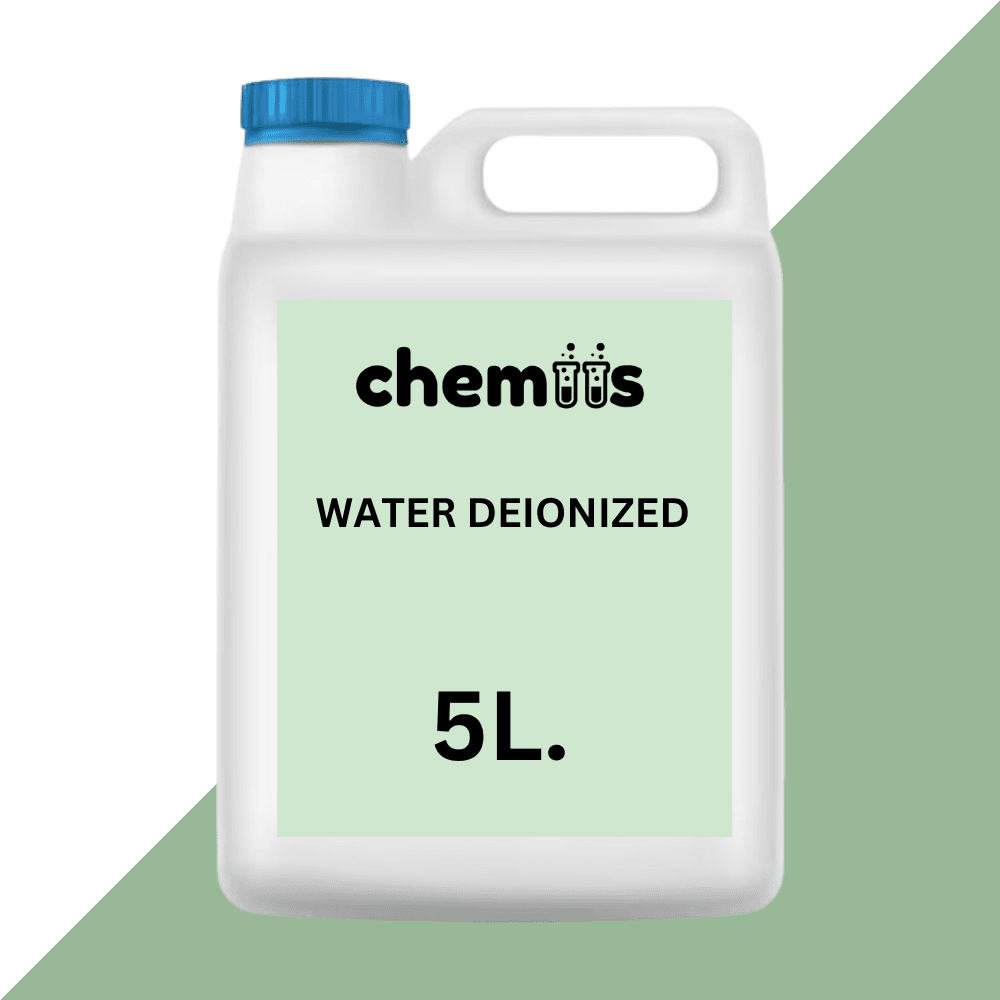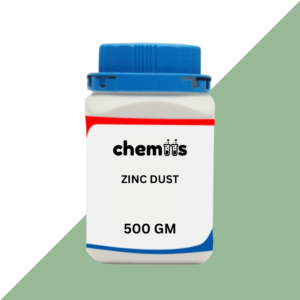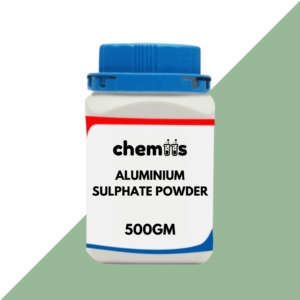Deionized water, also known as DI water, is water that has been purified by removing its mineral ions, such as sodium, calcium, iron, and copper. This is achieved through a process of ion exchange, which replaces the mineral ions with hydrogen and hydroxyl ions, resulting in highly purified water. Deionized water is crucial in applications that require minimal to no contaminants, such as laboratory experiments, industrial processes, and healthcare applications.
Deionized water is distinguished from distilled water, which also undergoes purification, but the processes differ. Deionization specifically targets the removal of ions, while distillation removes a broader range of impurities.
Applications of WATER DEIONIZED
1. Laboratory Applications
- Chemical Analysis:
Deionized water is extensively used in laboratories for chemical reactions, titrations, and sample preparation. Its purity ensures that no additional ions are introduced during experiments, allowing for accurate and reliable results. - Microscopy and Microbiology:
In microscopy and microbiology, deionized water is often used to prepare slides, rinse equipment, and make media for cultures. Its purity ensures no contamination of samples, which is critical in research and diagnostics. - HPLC (High-Performance Liquid Chromatography):
Deionized water is essential in HPLC to prepare mobile phases and to wash instruments between runs. Using deionized water helps prevent contamination and the buildup of unwanted residues that could affect the analysis.
2. Industrial Applications
- Cooling Systems:
Deionized water is used in industrial cooling systems and heat exchangers because it doesn’t introduce minerals that could lead to scaling and corrosion. It helps maintain system efficiency and prolongs the life of equipment. - Cleaning and Manufacturing:
Deionized water is frequently used in the cleaning of parts in manufacturing, especially in the electronics, automotive, and pharmaceutical industries, where even tiny residues of ions can affect product quality and performance. - Power Plants:
Deionized water is used in power plants for steam generation and in the cooling circuits of turbines and generators. The absence of ions prevents the buildup of scale that could damage machinery and reduce efficiency.
3. Healthcare and Pharmaceuticals
- Sterilization and Disinfection:
Deionized water is utilized in hospitals and healthcare facilities for sterilizing medical instruments and preparing solutions. Its purity ensures that no contaminants interfere with the sterilization process, reducing the risk of infection. - Pharmaceutical Manufacturing:
In the pharmaceutical industry, deionized water is an essential ingredient in the preparation of intravenous (IV) solutions, injectable medications, and other sterile pharmaceutical products. It is also used in cleaning equipment and preparing formulations. - Cosmetics Production:
Deionized water is widely used in the formulation of cosmetic products, as it ensures a pure base for creating lotions, creams, and other personal care items.
4. Aquariums and Aquaculture
- Aquarium Use:
Deionized water is used in aquarium setups, particularly for marine aquariums, where specific water chemistry is crucial for the health of aquatic life. It helps to avoid harmful minerals and maintain optimal water quality. - Aquaculture:
In aquaculture, deionized water is essential for creating controlled environments for fish farming, helping to regulate the water’s pH and mineral content for optimal fish health and growth.
5. Electronics and Semiconductor Manufacturing
- Cleaning and Rinsing Components:
In electronics manufacturing, particularly for semiconductors and microchips, deionized water is used to clean and rinse components. It removes ions that could interfere with electrical properties and ensures that no conductive contaminants are left on delicate parts. - Cooling and Testing:
Deionized water is also used in testing and cooling electronics, as it prevents mineral buildup that could short-circuit sensitive components.
Safety Handling of WATER DEIONIZED
1. Hazards and Safety Information
- Non-Toxic:
Deionized water itself is non-toxic and safe for handling. However, care should be taken to avoid contamination, as it can pick up ions and impurities from the environment. - Inhalation and Ingestion:
Deionized water is generally safe to ingest and breathe, as it does not contain harmful chemicals or toxins. However, excessive consumption should be avoided, as it may lead to electrolyte imbalance in extreme cases.
2. Personal Protective Equipment (PPE)
- Gloves:
Wear gloves when handling large quantities of deionized water, especially in industrial or laboratory settings, to avoid contamination and ensure hygiene. - Safety Goggles:
Although deionized water is not hazardous, it is always advisable to wear safety goggles when handling chemicals or when there is a potential risk of splashes during experiments. - Lab Coat or Apron:
For laboratory environments, wear a lab coat or apron to protect clothing from potential spills or splashes.
3. Handling and Storage
- Handling Instructions:
Always handle deionized water with clean tools and containers to prevent contamination. Ensure that all containers used to store or transfer deionized water are clean, non-reactive, and properly sealed. - Storage Instructions:
Store deionized water in tightly sealed containers to prevent contamination from dust, dirt, or atmospheric ions. It should be stored away from strong electromagnetic fields or chemicals that could alter its purity.
4. Disposal Instructions
- Waste Disposal:
Since deionized water is non-toxic and does not contain harmful substances, it can generally be disposed of down the drain, provided there are no chemical additives or contaminants involved. - Spill Cleanup:
In case of a spill, simply wipe the area with absorbent material, as deionized water itself does not pose a significant risk. Clean the affected area with a cloth and ensure proper disposal of the used materials.
5. First Aid Measures
- Skin Contact:
Deionized water is safe for skin contact, but it should be washed off if exposed to large amounts. If irritation occurs (which is rare), rinse with clean water. - Eye Contact:
If deionized water gets into the eyes, flush them with water for several minutes. If irritation persists, seek medical attention. - Inhalation and Ingestion:
If ingested in large quantities, drink plenty of water. Inhalation of vapors is unlikely to cause harm, but if symptoms like dizziness or discomfort occur, move to fresh air.








Jyoti Sharma (verified owner) –
Very fast delivery.
Jyoti Sharma (verified owner) –
Excellent product range.
Aarav Mehta (verified owner) –
Highly reliable platform.
Simran Gill (verified owner) –
Excellent shipping speed.
Vishal Yadav (verified owner) –
Great customer support.
Parth Joshi (verified owner) –
Clear product details.
Shweta Dubey (verified owner) –
Trustworthy platform.
Suraj Barman (verified owner) –
Excellent service overall.
Fatima Noor (verified owner) –
Reliable supplier.
Rupal Vyas (verified owner) –
Very well worth the money.